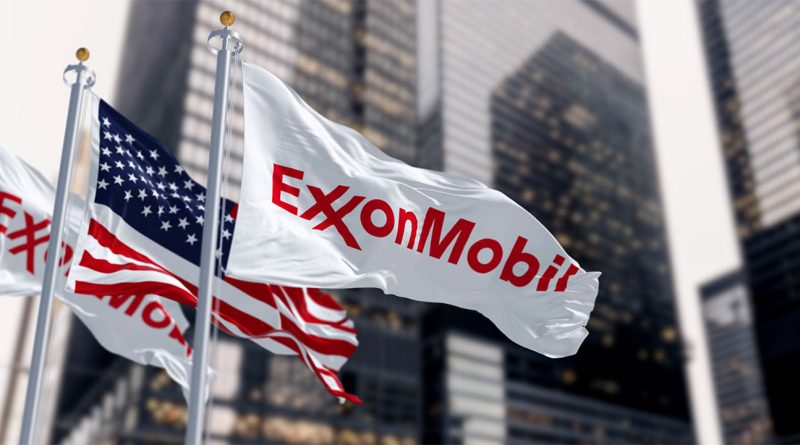Exxon Mobil Sues Activists Over Climate Targets
The Unprecedented Legal Battle
In a move that marks a significant escalation in corporate responses to environmental activism, Exxon Mobil Corp has taken the bold step of filing a lawsuit against its shareholders. The lawsuit, aimed at blocking a climate proposal pushed by activist investors, represents a groundbreaking shift in how corporations handle environmental challenges and shareholder activism. At the heart of this battle is a proposal by Arjuna Capital and Follow This, which focuses on accelerating Exxon Mobil’s efforts to reduce carbon emissions and expand its scope to include emissions from both its suppliers and customers, commonly referred to as Scope 3 emissions. This article delves into the nuances of this environmental news and its implications for the oil and gas industry and corporate environmental responsibility.
The proposal in question, initiated by Arjuna Capital and Follow This, centers around the critical issue of Scope 3 emissions. These emissions, often overlooked, are pivotal as they encompass the indirect emissions from the company’s value chain, including both suppliers and customers. This kind of emission is particularly relevant for companies like Exxon Mobil, whose products, when used, release significant amounts of greenhouse gases. The insistence on including Scope 3 emissions in Exxon Mobil’s climate strategy is not just a technical detail but a fundamental shift in how corporations account for their environmental impact.
Exxon Mobil’s Legal Strategy
Exxon Mobil’s legal action is not just about a single shareholder proposal; it’s a reflection of the company’s broader stance on environmental issues and corporate governance. In their lawsuit, Exxon Mobil argues that the proposal from Arjuna Capital and Follow This doesn’t aim to enhance the company’s economic performance or create shareholder value. Instead, they assert that it seeks to micromanage the company’s operations. This legal challenge is significant as it could set a precedent for how corporations can resist shareholder proposals, especially those focused on environmental news, social, and governance (ESG) issues.
The lawsuit gains additional significance against the backdrop of the Biden Administration’s Securities and Exchange Commission (SEC), which has shown a more open stance towards ESG-related shareholder proposals. Exxon Mobil’s legal challenge can be seen as a direct response to this changing regulatory landscape, where ESG issues are becoming increasingly prominent. The outcome of this lawsuit could thus influence the SEC’s future approach to shareholder proposals, particularly those concerning environmental sustainability.
Wider Implications for the Oil and Gas Industry
Exxon Mobil’s lawsuit is not just about its own corporate policies but has broader implications for the entire oil and gas industry. Other major oil companies, which are also facing increasing pressure from shareholders and activists to adopt more aggressive climate strategies, will be closely watching the outcome of this case. A decision in favor of Exxon Mobil could embolden other companies to push back against similar environmental proposals, potentially altering the landscape of corporate environmental responsibility in the industry.
Exxon Mobil’s lawsuit represents a pivotal moment in the ongoing debate over corporate responsibility for climate change. It raises critical questions about the role of shareholders in shaping a company’s environmental policies and the extent to which corporations can push back against such interventions. The outcome of this case could have far-reaching consequences, not just for Exxon Mobil or the oil and gas industry, but for the broader narrative around corporate sustainability and environmental stewardship in the face of climate change.
